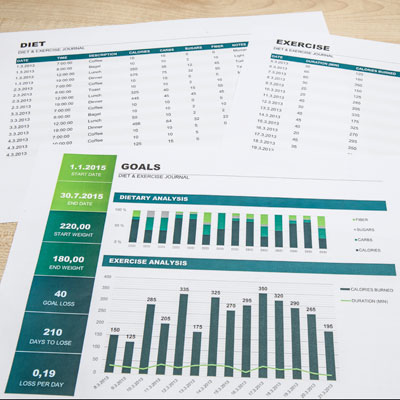Research
Through our research, the Commission contributes to the public debate and encourages informed policy discussion.
The Commission has a statutory mandate to conduct a program of research to support its inquiries, annual reporting and other responsibilities, including promoting community awareness and understanding of various productivity and regulatory issues.


